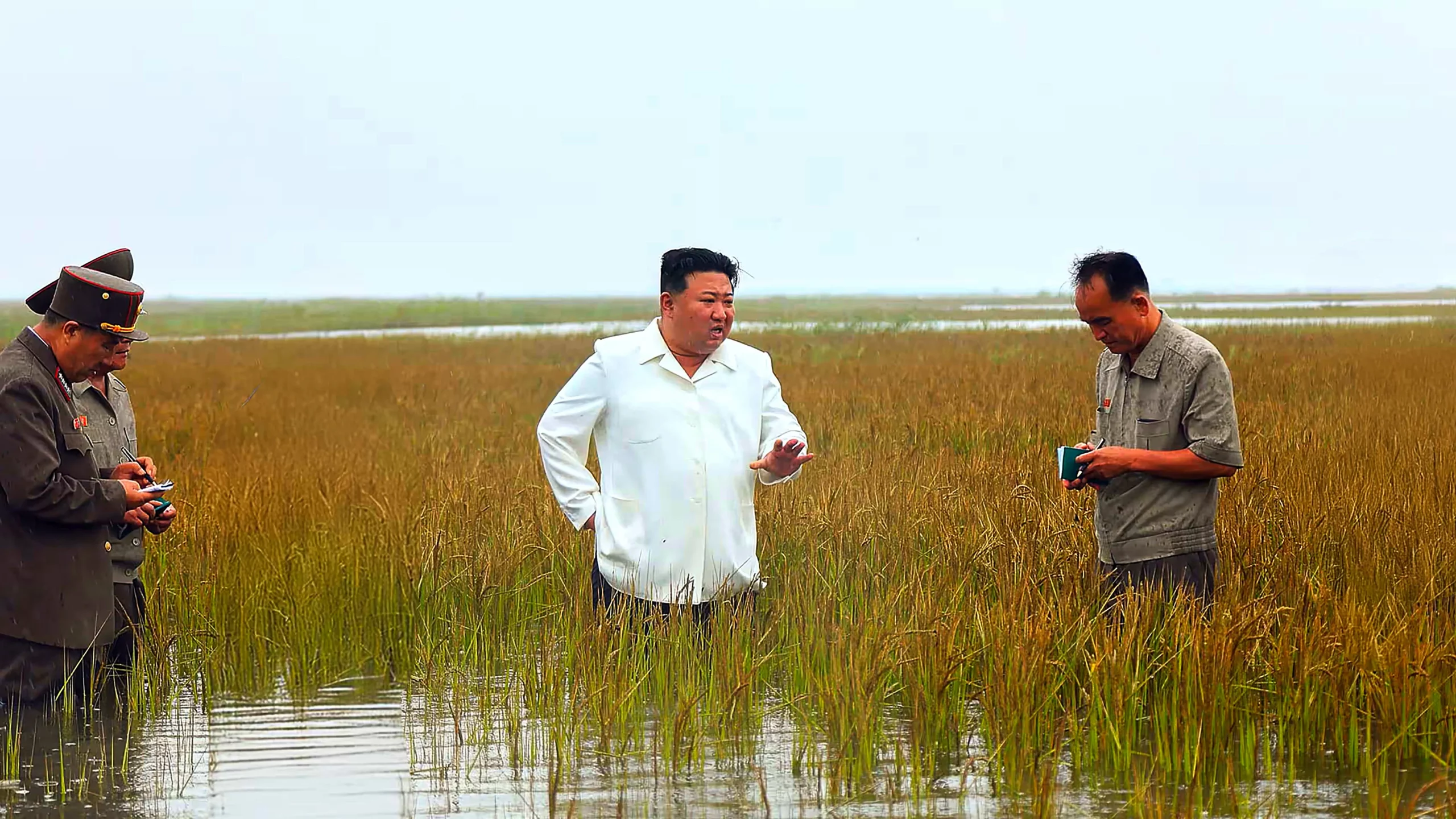
Devastating North Korean Floods: 1,500 Dead or Missing, Shocking Government Executions Reported
Severe floods that hit North Korea on July 27, 2024, have left an estimated 1,500 people either dead or missing, according to reports. The catastrophic flooding displaced 15,000 people and caused significant damage to 2,800 hectares (7,000 acres) of agricultural land.
Heavy rainfall led to rising water levels in the Amnok River, surpassing danger levels and causing widespread devastation. Early reports from North Korea's state-run news agency, KCNA, mentioned the isolation of 5,000 people, all of whom were successfully rescued.
However, the report did not mention any casualties or injuries at the time.
According to the South Korean Intelligence Agency, at least 1,500 people are believed to have died or gone missing in the floods. Landslides and flooding also destroyed 4,100 homes and damaged public infrastructure in the northwestern city of Sinuiju and neighboring Uiju. Displaced residents were provided shelter in Pyongyang.
In a shocking development, South Korean media outlet Chosun reported that 20 to 30 officials from the flood-affected areas were executed in late August for failing to prevent the disaster.
South Korea's spy agency confirmed it had detected signs of the executions but provided no further details. These claims remain unverified.
The aftermath of the floods highlights the severe impact of extreme weather events on North Korea's vulnerable infrastructure and population, as well as the country's often harsh responses to natural disasters.